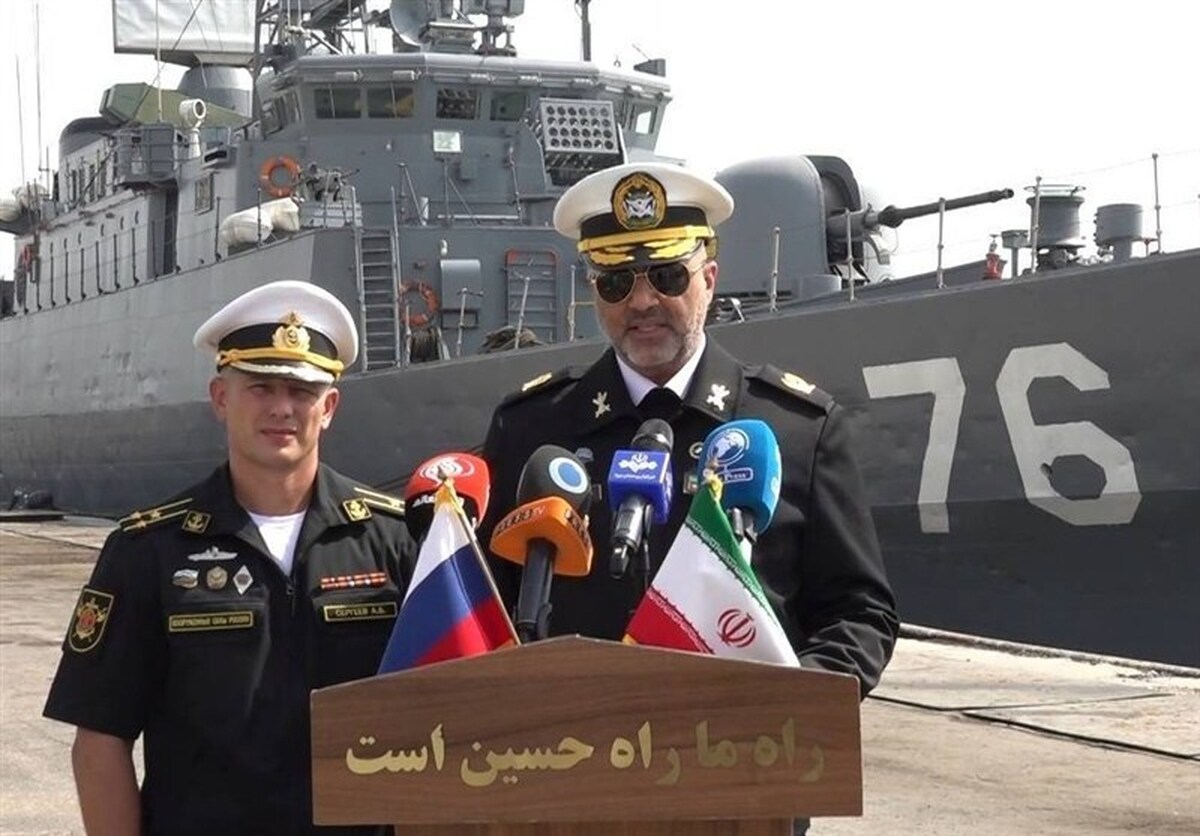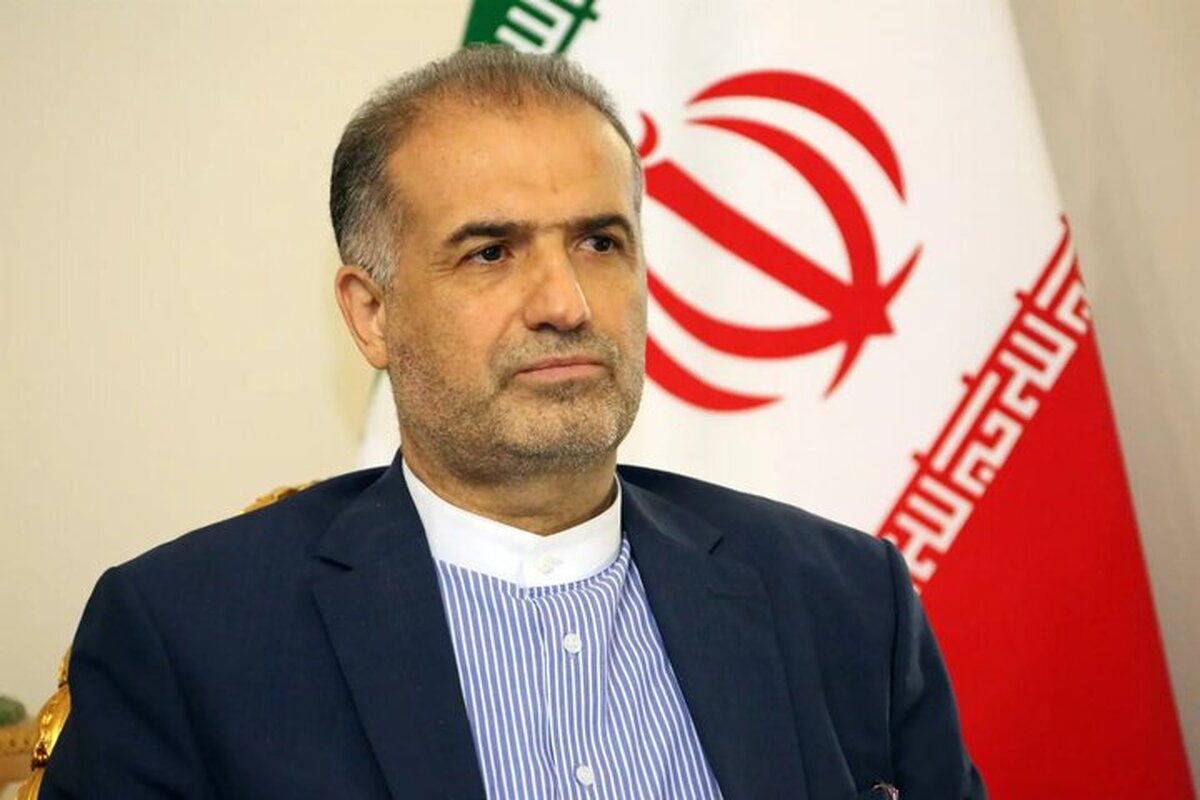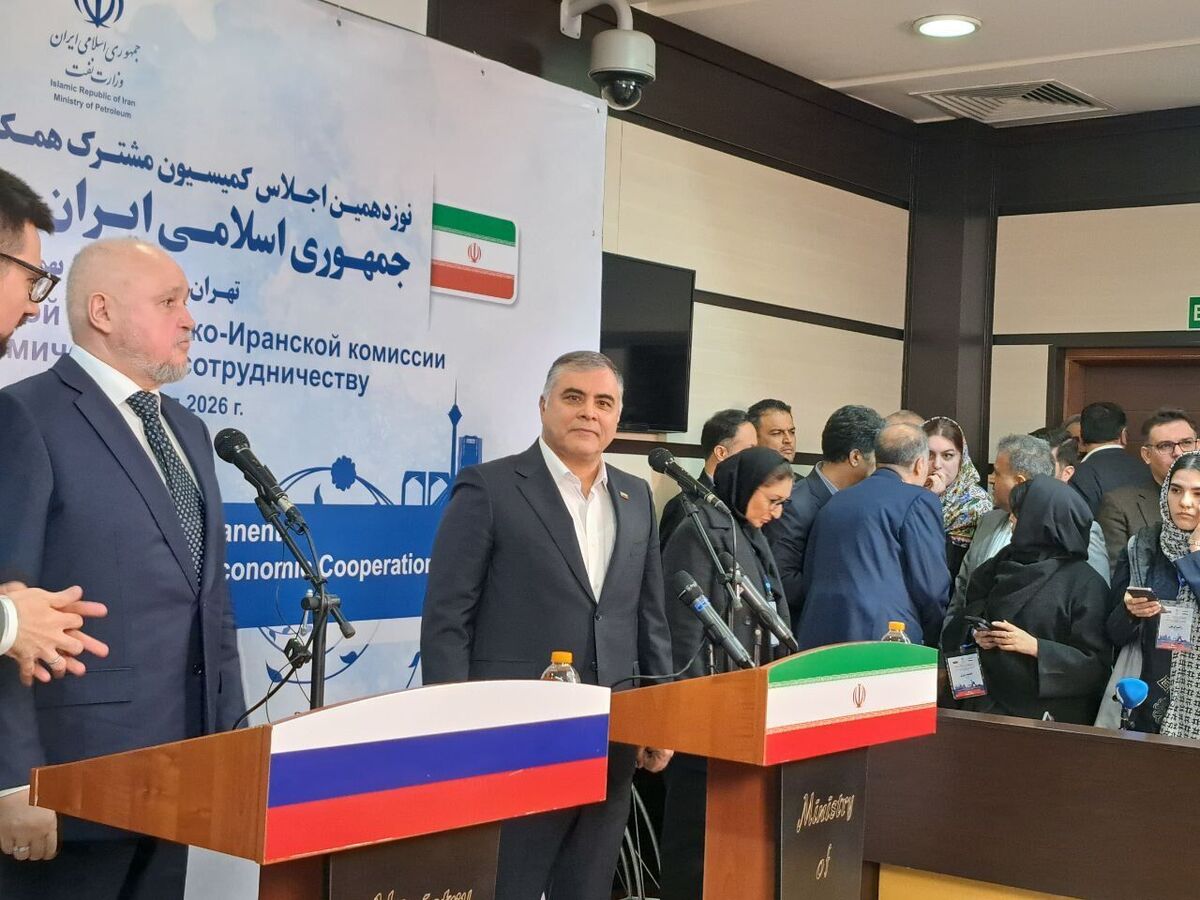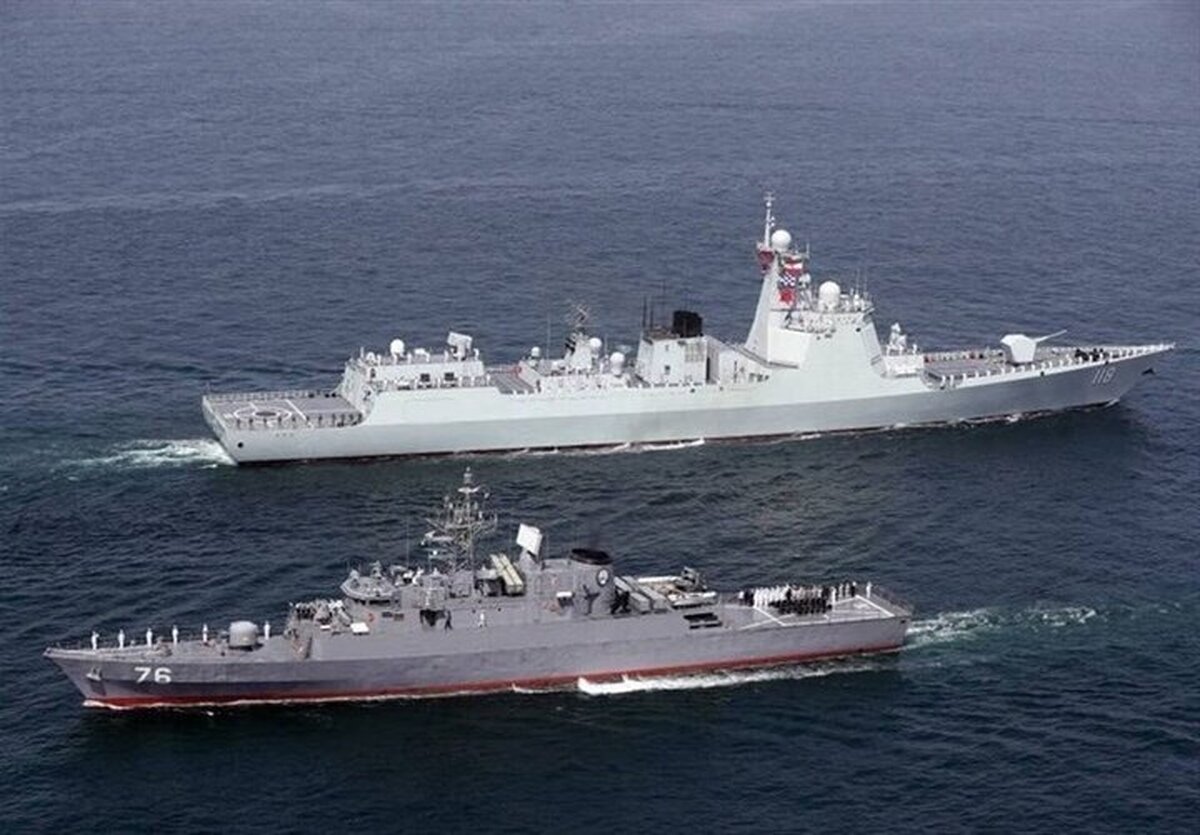
Iran and Russia; Drawing a 20-Year Roadmap

TEHRAN, Apr. 17 (MNA) – In an exclusive article for Mehr News Agency, Iran's Ambassador to Moscow Kazem Jalali explained the current status of the relations between Tehran and Moscow and announced the purpose of FM Araghchi's visit to Russia.
EghtesadOnline: The text of the senior Iranian diplomat's article, name "The Islamic Republic of Iran and the Russian Federation: Outlining a 20-Year Roadmap to Achieve Future Strategic Cooperation" is as follows,
Amid significant global developments, the close, continuous, and trustworthy interactions between senior officials of the Islamic Republic of Iran and the Russian Federation serve the interests of both nations’ peoples and contribute to regional and global peace and stability.
As part of the ongoing high-level engagements between Iran and Russia, His Excellency Dr. Abbas Araghchi, the esteemed Minister of Foreign Affairs of the Islamic Republic of Iran, will travel to Moscow on April 16, 2025, to meet and consult with high-ranking Russian officials, including His Excellency President Vladimir Putin and His Excellency Foreign Minister Sergey Lavrov. The primary objective of this visit is to deliver a written message from the Leader of the Islamic Revolution to President Putin.
The Islamic Republic of Iran and the Russian Federation possess distinct and prominent characteristics in terms of discourse (identity), geography (territory, population, mineral and energy resources), human capital (national spirit, popular mobilization, and credibility), and politics (governance model). Both nations simultaneously hold material and immaterial elements of power and, as independent and influential actors, play a significant role in global developments, trends, and future outlooks.
Iran and Russia have long cooperated to promote multilateralism, justice-oriented approaches, and mutual respect, and have defended each other’s interests in international forums. In this context, the Russian Federation shares a common perspective with the Islamic Republic of Iran on numerous international issues, laying the groundwork for a balanced and sustainable expansion of bilateral relations. One of the most important commonalities between the two countries is the deep wounds inflicted by the West’s unrestrained unilateralism, which underscores the necessity for broader cooperation in the future.
The synergy and coordination between the two nations, at the highest levels, are essential in addressing key regional and international matters, including:
1- Creating appropriate frameworks to further expand consultations within regional and global mechanisms, particularly the Shanghai Cooperation Organization, BRICS, and the Eurasian Economic Union;
2- Continuing mutual support in countering unilateralism and working toward leading the international system toward a multipolar and multidimensional order;
3- Smart confrontation against hostile and unilateral Western sanctions;
4- Strengthening cooperation concerning Iran’s peaceful nuclear program and nuclear negotiations;
5- Enhancing joint efforts to combat international terrorism, transnational organized crime, human trafficking, illicit financial flows, and drug trafficking;
6- Ongoing and results-oriented consultations in regions of mutual interest, such as Central Asia, the South Caucasus, the Caspian Sea, Afghanistan, West Asia, and Africa.
The signing of the Comprehensive Strategic Partnership Treaty between the Islamic Republic of Iran and the Russian Federation on January 17, 2025, by the presidents of both nations, stands as one of the most significant achievements in Tehran-Moscow relations, which is the product of three years of continuous negotiations and document exchanges between the two parties. In this context, outlining a joint action plan and a [20-year] roadmap for achieving future strategic cooperation requires identifying new areas of collaboration and drafting implementing documents aligned with the framework of the aforementioned document's macro provisions, in order to bring its provisions into practical effect.
Thus, we are hopeful that through diligent follow-up on the provisions of the Strategic Partnership Treaty, the relations and interactions between the two countries will further expand and develop across all governmental and societal levels in the near future.
As emphasized by the Leader of the Islamic Revolution, expanding ties with neighboring countries and economic powers such as Russia, China, and India is a rational policy aligned with national interests and priorities in the current juncture.
In this framework, the signing of the Iran-Russia Comprehensive Strategic Partnership Treaty and Iran’s observer membership in the Eurasian Economic Union are significant factors in deepening economic relations, increasing trade volume between Iran and Russia, and boosting commercial activities in parallel. It is worth noting that the comprehensive free trade agreement between Iran and the member states of the Eurasian Economic Union will come into effect on May 15, 2025. Under this agreement, customs tariffs on over 80 percent of traded goods between Iran and member countries—including Russia, Armenia, Belarus, Kazakhstan, and Kyrgyzstan—will be eliminated.
Accordingly, the foundation of Iran-Russia relations now rests upon friendship and neighborhood, and, as time and circumstances evolve, these ties are becoming increasingly intertwined and solid. The ratification of the Strategic Partnership Treaty by the Russian Parliament (the State Duma and the Federation Council) is seen as another major step toward the growing development of bilateral relations.
In conclusion, the visit of His Excellency Dr. Araghchi, the esteemed Minister of Foreign Affairs of the Islamic Republic of Iran, to Moscow today, is best explained in the context of realizing strategic and desirable future cooperation




